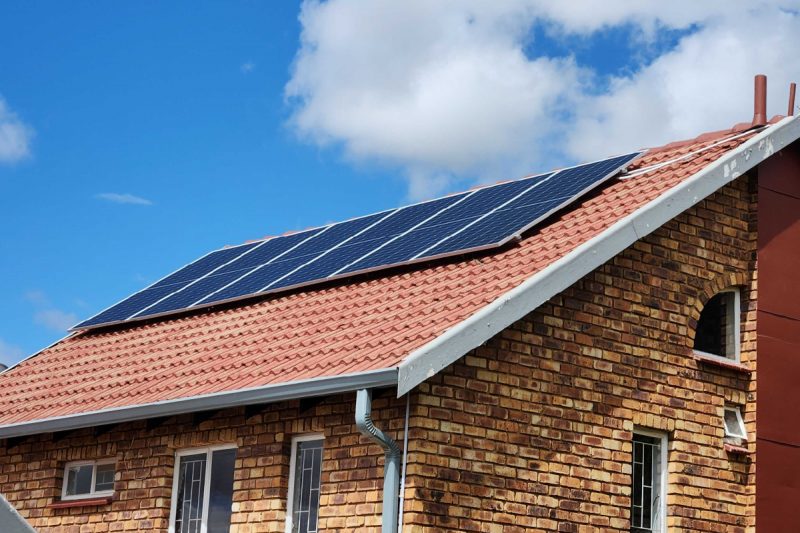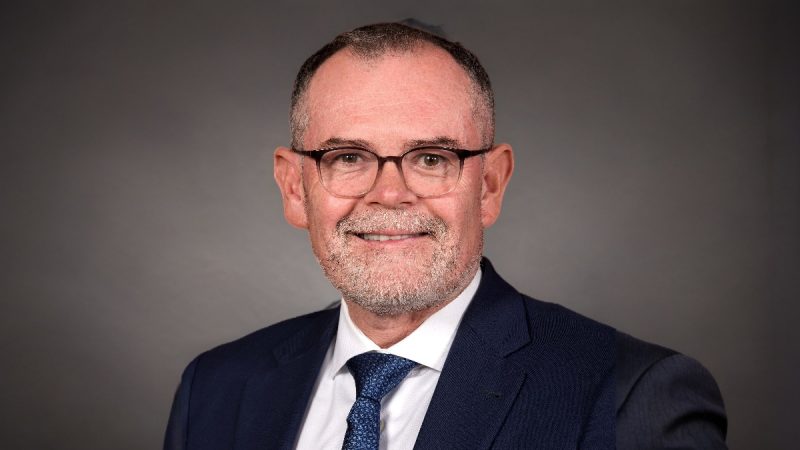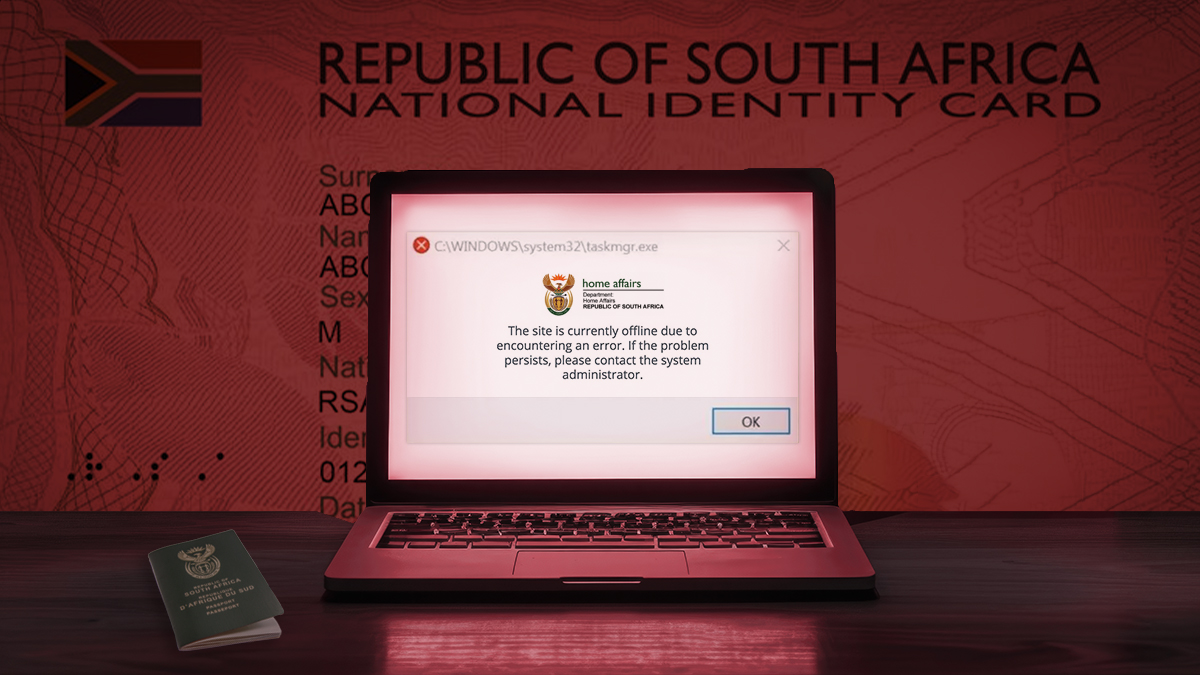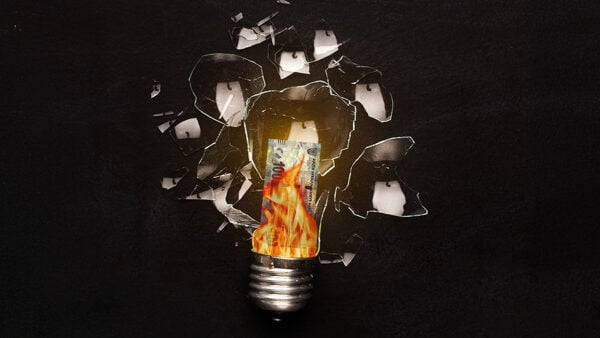Proposal to scrap massive Eskom solar fees

The Minister of Forestry, Fisheries, and the Environment, Dion George, has called upon Eskom to exempt residential customers from paying registration fees for their solar power systems indefinitely.
George said he supports Eskom’s commitment to waive registration fees and provide free smart meters for these residential customers until 31 March 2026, as it aligns with his decisions to impose strict conditions on Eskom’s coal-fired power station.
However, he said these benefits must be made permanent if Eskom is truly committed to reducing emissions and advancing the just transition to a low-carbon economy.
“In view of recent comments about their posture to charge a registration fee, the minister encourages Eskom to extend this waiver indefinitely and take bolder steps to accelerate South Africa’s shift from coal,” his department said in a statement.
“While the current exemption, covering registration fees, smart meter costs, and connection charges until March 2026, is a positive measure — saving households with typical 16 kVA systems up to R9,132 — it remains a temporary fix.”
“We urge Eskom to make these benefits permanent for residential customers,” it added.
According to the department, the looming implementation of the fees risks creating a financial barrier deterring households from investing in solar and other renewable solutions.
This would slow the country’s transition to renewable energy when rapid and widespread adoption is essential to meet South Africa’s emissions commitments.
“Today, Eskom’s approved 12.74% tariff increase for direct customers also kicks in, further raising electricity costs and underscoring the need for accessible renewable alternatives,” the department said.
“If Eskom is serious about reducing emissions and advancing the just transition to a low-carbon economy, it must eliminate obstacles for households eager to embrace renewables.”
“Permanently waiving registration and associated costs for residential systems up to 50kVA would unequivocally demonstrate Eskom’s commitment to empowering South Africans to reduce reliance on coal-fired power,” it added.

In a statement published on Tuesday, 1 April 2025, Eskom reiterated that the waiver will remain until 31 March 2026 and outlined the process residential solar customers should follow to register before the deadline.
It explained that from 1 April 2026, Eskom will respond to customers with quotes for a bi-directional meter for residential installations under 50kVA.
Thereafter, customers must make payments and schedule installation. Once completed, Eskom technicians will install and code the smart meter. The household will also shift to the Homeflex tariff.
The power utility will also supply estimated monthly bills and postpaid deposit options.
“For residential systems up to 50kVA, a deposit can vary from R3,500 to R4,800 if no deposit has already been paid on the account in the past,” it said.
Non-Eskom-supplied customers must follow their respective municipalities’ processes to register their system.
In an apparent response to backlash from customers shocked by the registration cost, Eskom said the average household with a solar installation will save over R9,000 between 1 April 2025 and 31 March 2026.
However, the requirement for a qualified electrical engineer to sign off on installations remains and carries a significant cost.
The Electrical Contractors Association is denying this requirement, and national technical advisor Grant Seeman told MyBroadband that the association firmly opposes it.
Eskom and several municipalities argue that only electrical engineers registered with the Engineering Council of South Africa (Ecsa) can approve the DC side.
However, Seeman said qualified electricians are allowed to work on any installation, provided it isn’t in a specialised hazardous location.
“Similarly, a Master Installation Electrician (MIE) is permitted to work on any installation, covering AC voltages up to 1,000 volts and DC installations up to 1,500 volts,” he said.
“There is little to no need for electrical engineers [in the SSEG approval process].”
He said the cost of getting an electrical engineer to sign off on installations can range from “several thousand to tens of thousands of rand”.
































